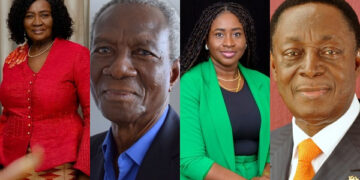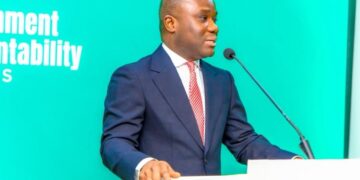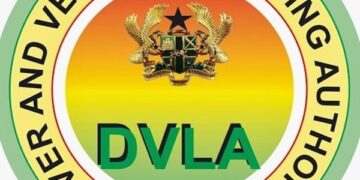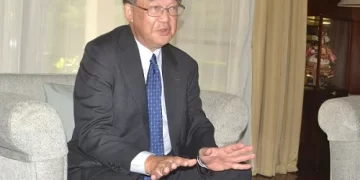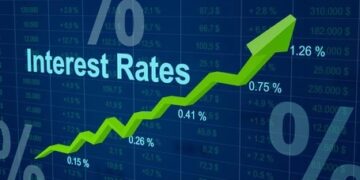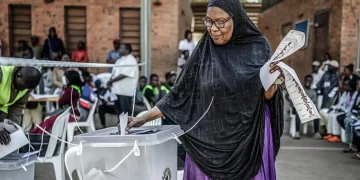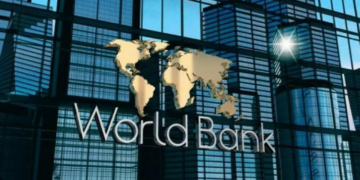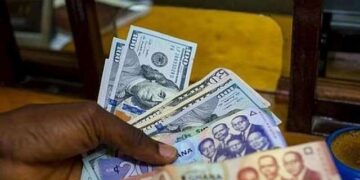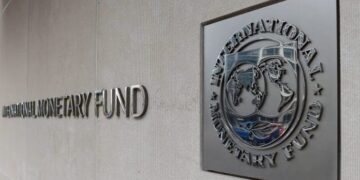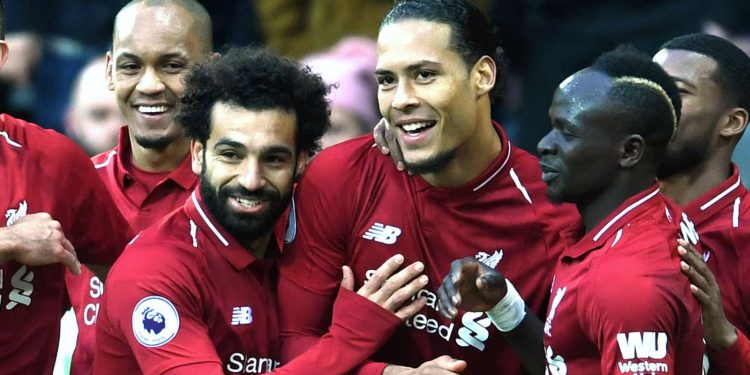The notoriously reclusive character clashed with Brendan Rodgers but, under Jurgen Klopp, he has become one of the most influential figures at Anfield
He didn’t get everything right during his time at Liverpool, but there is one decision Damien Comolli got spot on.
It was in the summer of 2011 that the Frenchman rang a contact who worked with Prozone, one of the Premier League’s leading data providers, with a simple request: “Give me a name.”
Comolli was Liverpool’s director of football at the time, and looking to improve and expand the club’s analytics department. He needed somebody capable not only of obtaining and interpreting data, but of translating and communicating that data clearly to coaches and players.
He wanted someone, in his own words, “with both a football background and an analytics background.”
Whomever Comolli’s contact was, Liverpool owe them a drink or two. The name that came back was Michael Edwards, then a little-known analyst working as part of a small team under Harry Redknapp down at Tottenham.
Comolli called him, met him and liked him.
The rest, as they say, is history.
Nowadays, Edwards is one of the most influential figures at Liverpool. He is the hidden genius who, through determination, contacts and skill, has helped build one of the world’s greatest football teams. His rise has been swift.
Having arrived under Comolli as head of performance and analysis, he easily outlasted the man who had headhunted him. He became director of technical performance, then technical director before, in November 2016, being appointed Liverpool’s first-ever sporting director.
His office at Melwood is adjacent to Jurgen Klopp’s, and the pair have forged a strong relationship since Klopp’s arrival on Merseyside in October 2015. Along with Mike Gordon, the president of Fenway Sports Group, they form the real power-base at the club.

Klopp converses with both on a daily basis, and it is those relationships, and the trust which exists within them, that has allowed Liverpool to flourish off the field in recent years.
Edwards’ relationship with Brendan Rodgers, Klopp’s predecessor, was mixed at best.
Rodgers had, upon his appointment in 2012, pushed back against the idea of working under a director of football. He wanted control over transfers, he wanted his own players. He wanted “clear communication lines with the owners.”
“I always think the manager is the technical director,” he would later say. “I believe that you should take on that responsibility when you are the manager.”

Van Dijk and Alisson were record buys for their position at the time, while Keita, Fabinho, Mane, Salah and Oxlade-Chamberlain all cost in excess of £30m ($37m). Talent doesn’t come cheap.
Such heavy spending has, though, been offset by the club’s ability to offload players for good money.
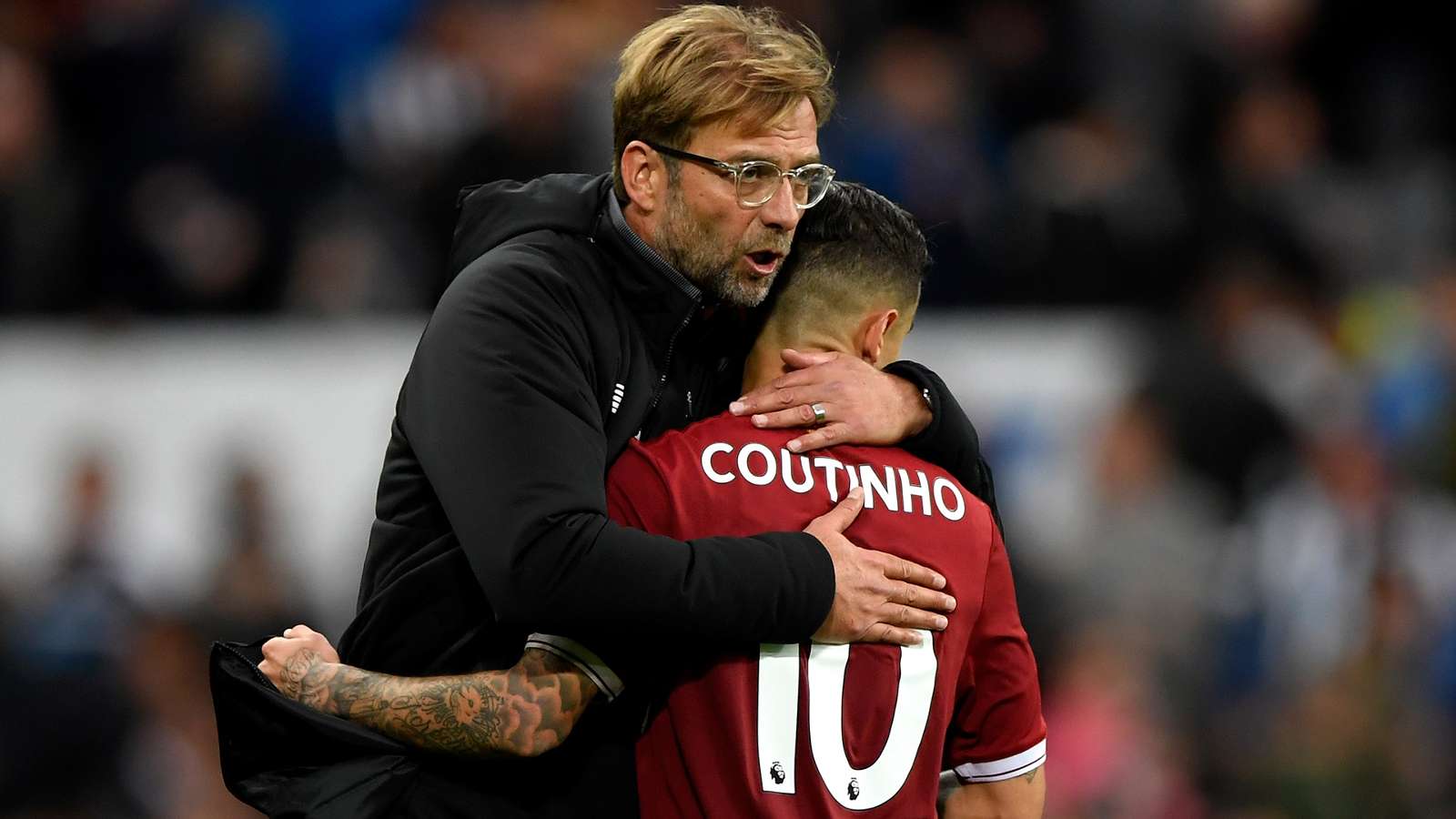
The sales of Christian Benteke, Jordon Ibe, Mamadou Sakho, Joe Allen, Danny Ward, Kevin Stewart, Dominic Solanke, Ryan Kent, Rafa Camacho and Danny Ings all raised vital funds, while Philippe Coutinho’s departure in 2018 effectively paid for the arrivals of Van Dijk and Alisson.
Edwards and his team study the market closely, and have also been able to create value through a shrewd loan policy, which may well bear fruit with the likes of Harry Wilson, Marko Grujic and Sheyi Ojo in the not-too-distant future too.
Source: Goal.com


